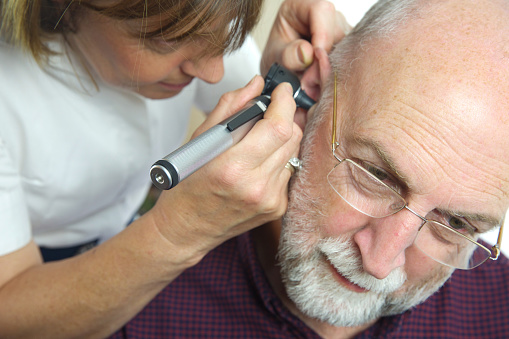How Does Earwax Relate to Your Health?

Earwax, also known as cerumen, is a natural substance produced by glands in the ear canal that plays an important role in ear health. It helps protect the ears by trapping dust, debris, and microorganisms, preventing them from reaching the inner ear. Additionally, earwax has antibacterial and antifungal properties, helping to reduce the risk of ear infections. While a small amount of earwax is beneficial, excessive buildup can lead to blockages, causing symptoms like hearing loss, earache, tinnitus (ringing in the ears), or dizziness. In some cases, impacted earwax may need to be professionally removed. Overall, maintaining a healthy balance of earwax is important, and it’s best to avoid using cotton swabs or inserting objects into the ear, as this can push wax deeper and cause harm.
Earwax can offer surprising insights into your overall health. Changes in its color, texture, or odor may signal underlying issues. For instance, very dry or flaky earwax can be linked to certain skin conditions like eczema, while unusually wet or runny earwax may indicate an infection or inflammation. A foul smell coming from earwax can be a sign of bacterial growth or chronic ear problems. In rare cases, excessive buildup might also point to issues with ear canal self-cleaning mechanisms, which can be affected by aging or certain health conditions. Additionally, genetic differences can influence the type of earwax you produce—dry or wet—which has even been linked to traits like body odor. Paying attention to these subtle changes can help detect health concerns early, though significant or persistent changes should always be evaluated by a healthcare provider.
To read more about earwax and its association with your health, from a story by AARP, CLICK HERE
